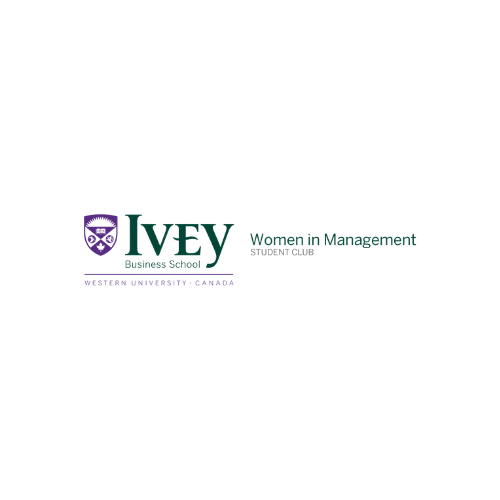Jasmine Hon: cloud + AI corporate strategy and development manager, microsoft
What drove your initial interest in your current role at Microsoft. Can you walk me through some of your day-to-day work in the position?
I started my career in management consulting at BCG, where I always felt more drawn towards the technology or digital-focused projects. This led me to pursue my strategy role at Microsoft, which lies at the intersection of tech and consulting.
At Microsoft, my team performs “internal consulting” projects as well as thought leadership work for the cloud and AI division. For the past few months, I’ve been working on building a toolkit for our various account teams to compare the costs and requirements of an on-premise deployment (i.e., a customer's own data center) versus the deployment on Azure. Part of what I enjoy about my role is seeing my work materialize as it spreads across the organization, creating long-term impact through its use.
The thought leadership work my team does is largely focused on analysing macro-trends. This includes answering questions like Where should we invest our efforts for the next few years? How should we expect our products to evolve in this industry?
How did you develop skills specific to tech and AI to land you a role in Microsoft?
I entered a team that typically hires ex-consultants, so a “consulting skillset” is expected like building models and summarizing findings for presentation. When it comes to technical knowledge on cloud and AI, there are lots of resources and courses available for employees. The people that I’ve worked with at Microsoft have also been eager to share their learnings and help answer any of my questions as well.
What has been your biggest learning in your career so far, and one thing you wish you could have told your past self?
In HBA1, I dreaded participation. It was always my lowest grade. Looking back, I realize how valuable it was. In the real world, your contribution is what you are paid for. Participation at Ivey is a great chance to bring you out of your shell. Tied to this, I learned to always ask questions, especially in a field with technical verbiage. Oftentimes, breaking a complex concept down to its basics without any fancy jargon can help lead to fruitful discussions.
As a female working at the intersection of business and STEM, what has been an external and or internal challenge you had to face and how have you learned to practice resilience to overcome it?
First, it’s important to be in a workplace that respects and values women, period. And especially in the case where you are the only woman in the room, show confidence in your communication. Over time, I’ve learned to actively eliminate phrases like “I think” and “I just” from my dialogue and get straight to the point – as phrases like that tend to suggest doubt or hesitation.
What advice would you give to other female business students who wish to enter technology, but are unsure where to start?
For where you lack experience, you should show genuine interest and demonstrate the ability/ willingness to learn. For instance, while technical knowledge is not a prerequisite for my team, they certainly look for a growth mindset and an interest to learn about Microsoft’s technologies in candidates.
How has mentorship played a role in your career? Did you have any influential figures that helped shape your career journey?
I’m thankful for people who've invested in me throughout my education and career. In my senior year of high school, I did a co-op at my local newspaper and absolutely loved it. I was convinced on going to a specific journalism-focused program after graduation. However, my editors-in-chief, Marnie and Bernie, understood that as a high school student, I didn’t necessarily have a broad understanding of just all the potential career paths out there. These mentors helped me consider other paths of schooling that could broaden my choices down the road. That’s what led me to do MIT at Western, and eventually an HBA at Ivey. Such an education would allow me to pursue journalism, but also other career paths should I choose.

